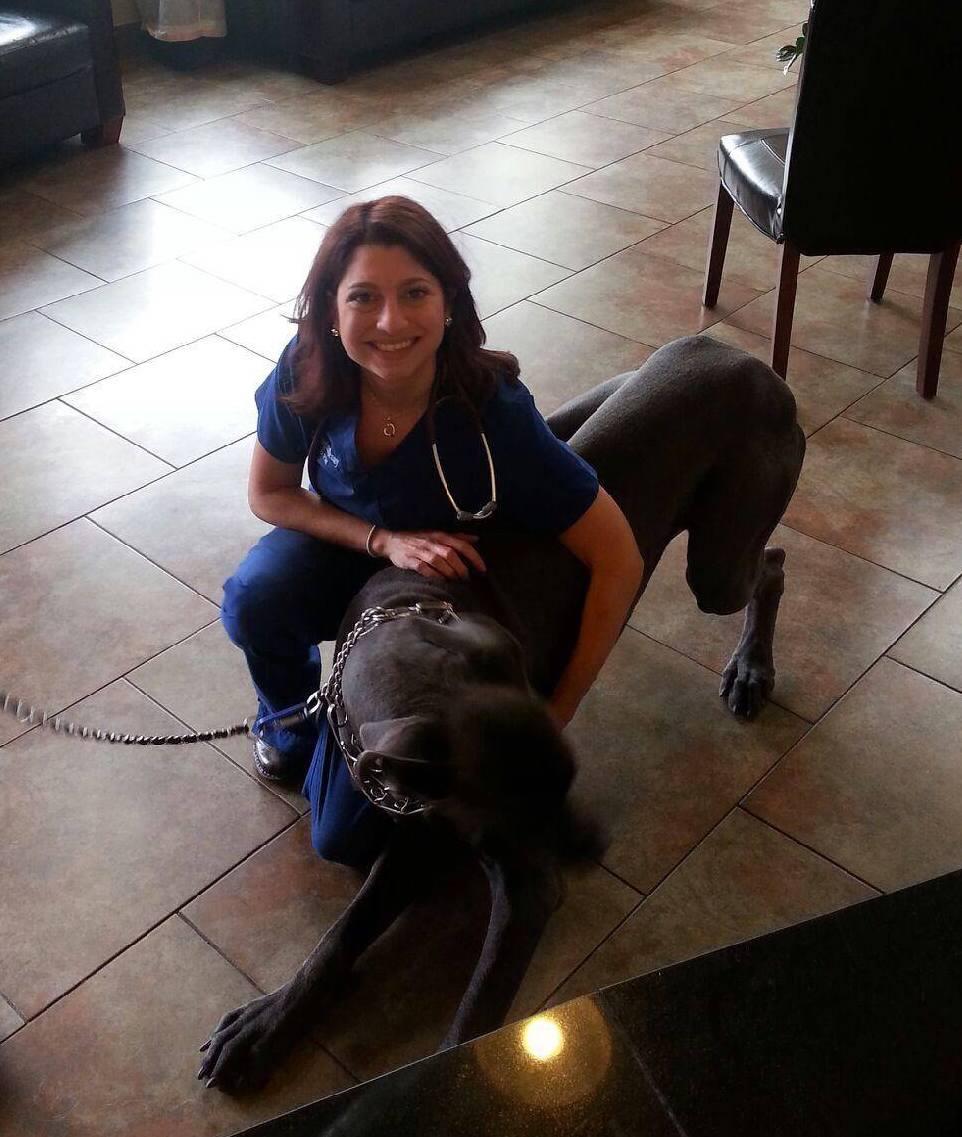Dog Medication Advice from Veterinarians
Understanding Canine Medications In Order to Keep Your Dog Safe
When your dog needs medication, whether a short-term need for post-surgical pain management or long-term to control seizures or another chronic condition, it’s essential to be aware of possible side effects, drug interactions, and more. It’s also critical that you administer every dose and do so correctly, and there are many tricks for getting your dog to take their medication. If your veterinarian recently prescribed your dog medication, you might have been tempted to turn to Google to understand more about side effects and how to administer it.
At GeniusVets, we believe that pet care information should come from veterinarians and not from the internet, especially with a topic as serious as dog medications. That’s why we’ve taken dog medication FAQs, sent these questions to renowned veterinarians across the U.S, and compiled their replies to get you helpful information that you can trust.
While we've sourced all of the dog medication information and recommendations below directly from leading veterinarians across the country, please make sure to seek out the advice of your own veterinarian or find a trusted vet near you using the GeniusVets Directory.
How are medications used to treat my dog?
Veterinarians use medications for dogs the same way as they are for humans, to provide pain relief, treat infections, treat diseases, and more. Just like humans, dogs can be prescribed pills, ointments, liquids, and injections. Many dog medications are available to help your dog’s overall health and wellness, and they’re also used as part of their preventative care.
What are commonly used medications for my dog, and when would a veterinarian recommend them?
Veterinarians use similar medications prescribed to humans, including antibiotics, antifungals, pain medications, and more. What your veterinarian prescribes depends on the diagnosis, such as an ear infection, or based on symptoms such as coughing or vomiting. Your veterinarian will also recommend preventatives for fleas, ticks, and heartworm, administered orally at home every month.
The most common medications used for dogs include:
- Antibiotics – Used to kill bacteria and treat infections
- Non-steroidal anti-inflammatories – Used to reduce swelling or inflammation
- Opioid pain relievers – Used to relieve pain from surgery or injury
- Steroids – Used to reduce allergic reactions Antiparasitics – Used to treat and kill intestinal worms, heartworms, fleas, and ticks
- Behavior-modifying drugs – Used to control behavioral issues
- Sedatives – Used for anxious pets
- Chemotherapeutics – Used to treat tumors and cancers
What are some of the side effects and adverse reactions my dog could experience from these medicines?
While it depends on the type of medication, a common side effect is gastrointestinal upset, especially if the medication isn’t given with a full meal. This is especially true with antibiotics and antifungals, which can lead to vomiting, upset stomach, or diarrhea if not provided with food. Side effects of medications are typically minimal when you give the correct dosage with a meal.
What do I need to know about drug interactions when giving my dog medicine?
Many medications interact with each other, so you must inform them of any medications your dog is currently taking when visiting a veterinarian. This is especially important if you’re bringing your dog to an emergency clinic or a veterinarian they haven’t seen before, as they don’t know your dog’s medical history. Also, let them know of any medications that have been given to your dog in the past that led to an adverse reaction.
Can my dog be on medication long-term?
There are long-term medications for dogs, such as those prescribed for things like seizure control and arthritis. Vets rely upon these medications every day to control certain medical conditions. While your dog can be on medications long-term for specific needs, there are some that veterinarians prefer to avoid on a long-term basis, such as pain medications. Those should be used on a short-term basis, such as right after surgery or an injury.
Why is it important not to give my dog medications without speaking to the veterinarian first?
It is vital that you not give your dog medication without first consulting your veterinarian, as you could do more harm than good. Although there is some crossover with human medications, they're not the same dosage, and dogs absorb them differently. Many human pain medications don't cross over to dogs at all, so you should never give your dog anything over the counter when it comes to pain management. This can lead to gastrointestinal ulceration or kidney failure. Always consult your veterinarian first.
What tricks can I use to give my dog medicine?
You can enlist many tricks to give your dog medicine, and it all depends on what they enjoy most.
Tricks to giving your dog medication include:
- Insert the pill into a soft dog treat
- Place the medicine, whether a pill or liquid, into a small scoop of peanut butter and put it on the roof of your dog’s mouth
- Use a dog pill pocket or pill pouch, which are designed to be both effective and tasty
- Insert the pill into a small marshmallow (use vegan marshmallows if your dog has any food allergies or sensitivities)
Where should I get my dog's medications refilled?
You should refill most of your dog's medications right at your veterinarian's office. They can call some medications into a human pharmacy, but they need to ensure it’s the proper dosage. There are also online pharmacies, and your veterinarian likely has a preferred one they trust. Stick to their recommendation if using an online pharmacy, as some of them sell counterfeit products. Always be as safe as possible when it comes to your dog's medications, and get them directly from your veterinarian or their approved pharmacy.
The AVMA provides a comprehensive look at dog medications, including the various types, interactions, safety precautions, and more. If you have further questions about dog medications, reach out to your veterinarian. If you don't have one yet, we can help you find a local veterinarian!
The Following Veterinarians
Contributed To The Dog Medications Information On This Page


The Ultimate Guide
to Dog Care
This free guide is an indispensable manual for dog ownership. Filled with veterinary advice and recommendations on every important topic at each stage of your dog’s life, this is all the stuff that responsible dog owners need to know. That is why we are making it free!




